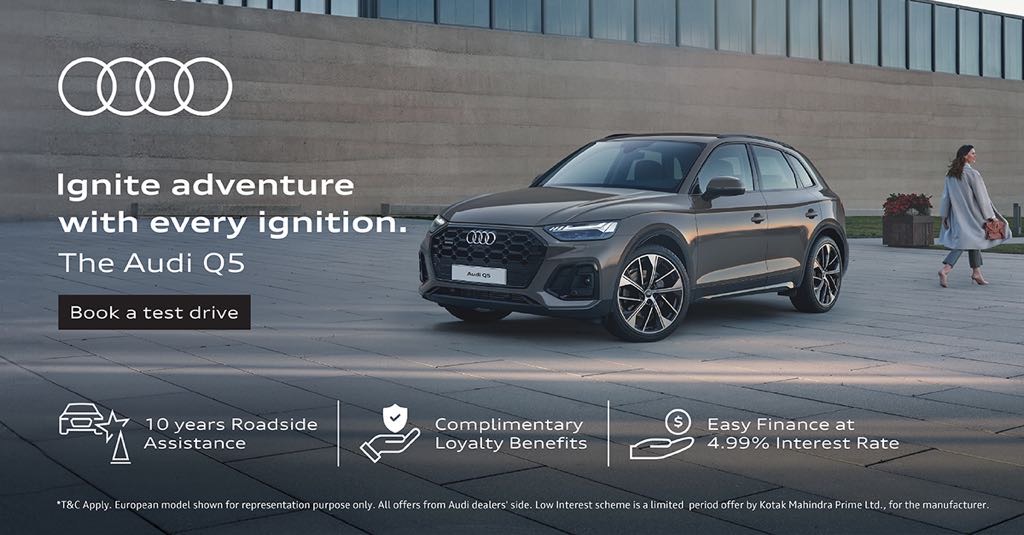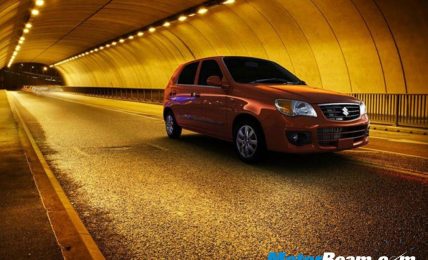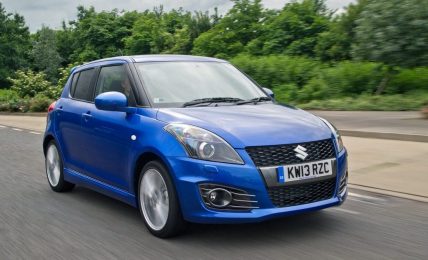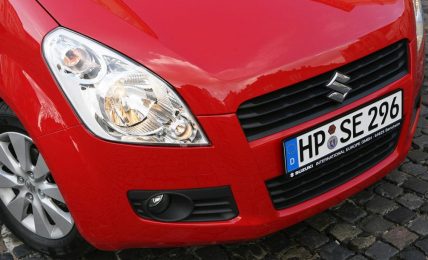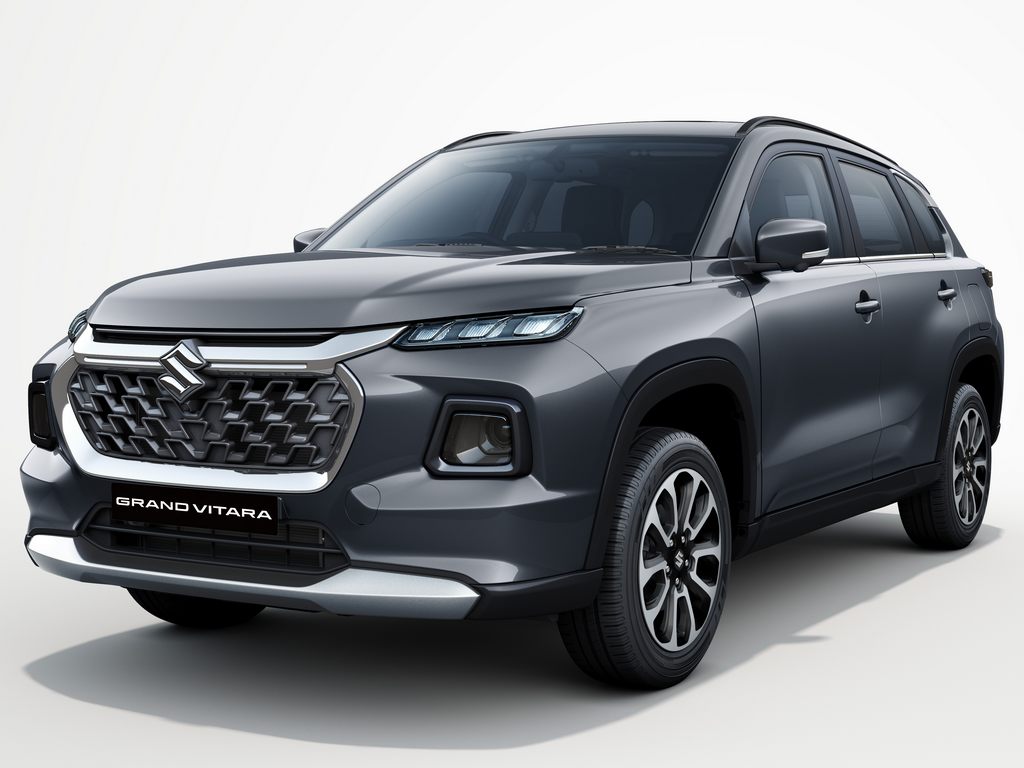
Maruti Suzuki believes strong hybrid should replace petrol and diesel vehicles
Maruti Suzuki top management has emphasised the potential of strong hybrids as a transitional solution to replace traditional petrol and diesel cars, rather than competing with electric vehicles. They highlighted the advantages of strong hybrids in terms of emissions and fuel efficiency, positioning them as a viable mid-term strategy in the automotive industry.
Maruti’s Rahul Bharti stated, “The debate is not between EV and strong hybrid. Both are excellent technologies. Both need to be encouraged. The debate is between strong hybrids and IC engines. I cannot imagine a situation, and nobody can justify why IC engines should be preferred over strong hybrid.” According to him, strong hybrids should be promoted to reduce dependence on internal combustion engines.
Citing specific models, Bharti noted that the Grand Vitara hybrid produces 26 percent lower CO2 emissions and is 36 percent more efficient than its petrol counterpart. The Invicto hybrid, on the other hand, is 44 percent more fuel efficient than its petrol equivalent. He claims these figures demonstrate the significant benefits of hybrid technology in reducing emissions and enhancing fuel efficiency.
Maruti Suzuki is expanding its hybrid portfolio with the upcoming Fronx facelift in 2025, which will feature a new series hybrid powertrain. This move aligns with the company’s broader strategy to enhance its petrol-electric offerings, alongside introducing its first all-electric vehicle, the eVX, slated for release in 2025.
Addressing a recent report by a think tank that criticised hybrids for not significantly reducing emissions, Bharti countered that such claims are inaccurate. He explained that in a strong hybrid electric vehicle, the computer optimises the use of both the internal combustion engine and the battery motor combination, with no option for the driver to operate in pure ICE mode.
The discussion around hybrids also touches on the broader market dynamics and policy environment in India. The Indian government is considering reducing taxes on hybrids, although this proposal faces opposition from some automakers, such as Tata Motors. Other brands, including Mahindra, Kia and Hyundai, are exploring hybrid technology but also have solid plans for EVs.
Despite a limited range of hybrid models, these vehicles are gaining popularity among Indian consumers and currently outsell EVs. This trend underscores the practical appeal of hybrids as a bridge technology while the infrastructure and market for EVs continue to develop.
Bharti concluded by stressing the importance of a balanced approach, stating, “We should try to maximise EVs, and that still leaves a lot of room for IC engines because EV cars will not reach a penetration of 100 or 80 percent in the next 10 to 15 years. For the balance ICE vehicles, can we do something to improve CO2 or improve energy efficiency?” This perspective supports the notion of strong hybrids as a practical, immediate solution to enhance energy efficiency and reduce emissions without the constraints associated with EV range anxiety and charging infrastructure.
